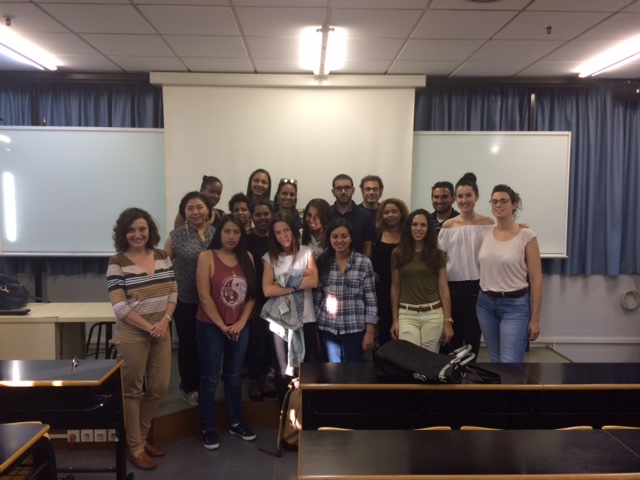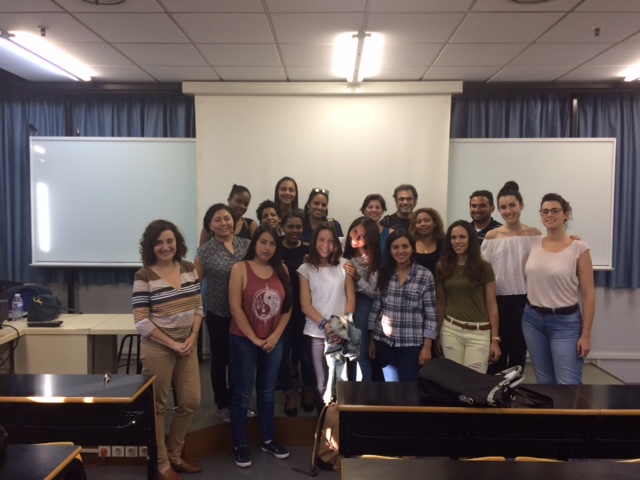
The Zika reach Spain by two South American women who came to Catalonia after having been in their country. The Ministry of Health warns that the alert is "real" and emphasizes the epidemiological point of view of the disease.
26 january 2016
After the two detected cases in Catalonia in two South American women the alarm has been activated in Spain. The risk lies in that citizens who travel to their origin countries get infected there with the Zika virus and develop here the symptoms of the disease. For this reason, Spain is already working in an action protocol for this disease, according to what the Ministry of Health has confirmed.
The bigger risk in our country is in the Mediterranean coastline, where there are tiger mosquitos (Aedes albopictus) capable of acting as transmitters of the disease. Nevertheless, so far it has only been reported the presence of the virus in the Aedes aegypti, mosquito that is not present in our territory.
Despite the link between the Zika and the malformations is not yet scientifically proven, everything suggests that there is a causal relation. This is why pregnant women must have the main caution.
Researchers from the National Center for Microbiology admit that no other virus similar to Zika had shown so far this teratogenic ability (to cause congenital defects in the foetus).
In the National Center for Microbiology there are already methods available to analyse suspicious samples, and in fact imported cases have been already diagnosed, according to the researchers, who admit that for the moment the situation in Spain is not alarming.
The Zika is not important because of its symptoms but from its epidemiological point of view. From now is going to be essential to maintain a close surveillance on the possible Zika cases that travellers may bring to countries in which the virus moves around.
From Saturday it has been declared that the alert is “real” since the experts state that it is possible that if a traveller with Zika lives in the Mediterranean area and is bitten by a mosquito, the insect can be infected and transmit at the same time the disease to another individual. This is why they say the epidemiological surveillance is key to detect on time that an autochthonous circulation of the virus may be happening.
The key is, as in other tropical diseases, in the establishment of the tiger mosquito in the entire Mediterranean arch, one of the necessary actors in the infection of the disease. The risk assessment made by the Ministry of Health relates directly the possibility of transmission with the activity period of the mosquito in Spain (the warmest months of the year) and indicates that the probability that this transmission in the areas where the tiger mosquito is already established will depend on the arrival of travellers infected proceeding from endemic areas and on the coincidence in the space and time with the vector, that is, that a tiger mosquito gets to bite a sick person and after that a healthy person.
Published by: Paula Tomás Gimeno











